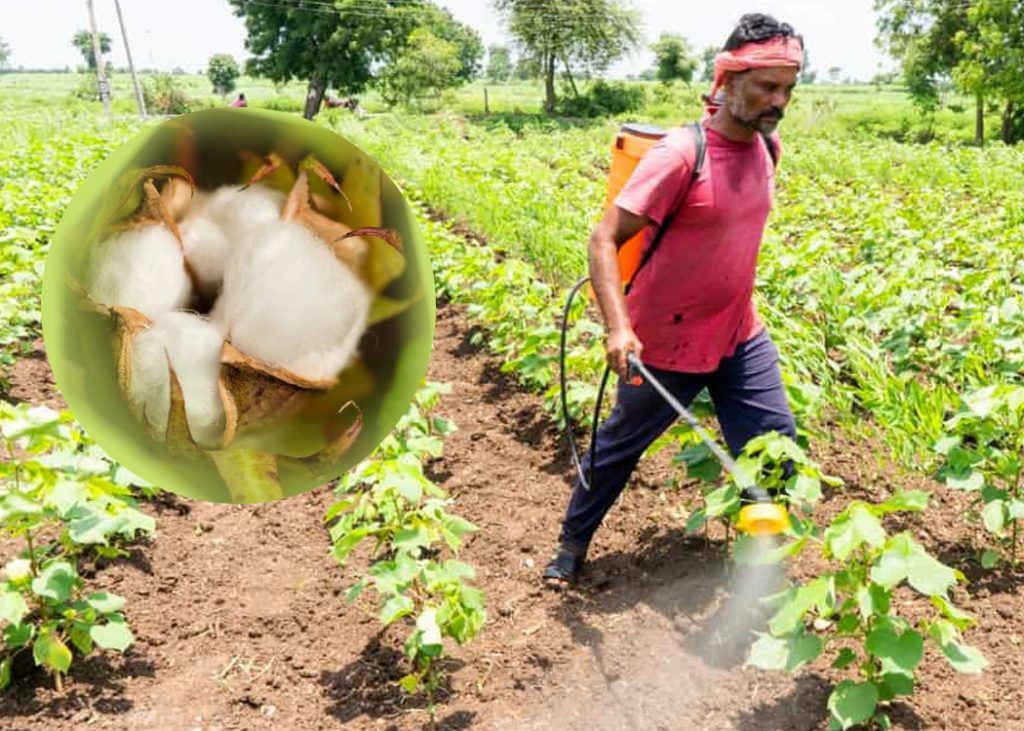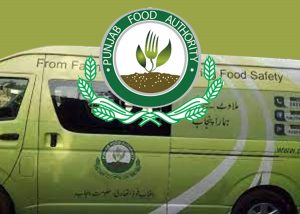
AVN Report
ISLAMABAD: Promptly responding to the threat of whitefly to the cotton crop, the All Pakistan Textile Mills Association (APTMA) collaborated with the Punjab government in conducting spray operations in the affected areas.
The government and APTMA immediately allocated funds for the procurement and application of MATOI, a highly-effective pesticide, especially formulated for combating whitefly to curb the outbreak of pests and preserving cotton crops in the affected regions.
Last year, Pakistan’s cotton production fell significantly below the textile industry’s requirement of 15 million bales, with an output of less than five million bales. Consequently, Pakistan had to expend nearly $2 billion on importing approximately 5 million bales of cotton, which proved insufficient to sustain the industry. This expenditure occurred during a period when the country was grappling with severe foreign exchange constraints.
In response to this crisis, APTMA joined hands with the Punjab government to launch a comprehensive campaign aimed at revitalising cotton production through a multifaceted approach.
These collaborative efforts encompassed the introduction of a minimum support price, extensive awareness campaigns on sowing practices, provision of advisory services to cotton growers by APTMA experts, and ensuring the availability of high-quality seeds, fertilizers, and pesticides.
These collective endeavors bore fruit, resulting in a remarkable 23 percent increase in cotton cultivation, surging from 5.12 million acres to 6.6 million acres. The projected cotton production for the current season now stands at an impressive 12 million bales, representing an astounding 150 percent increase compared to the previous year’s, barring any unforeseen emergency situations.








